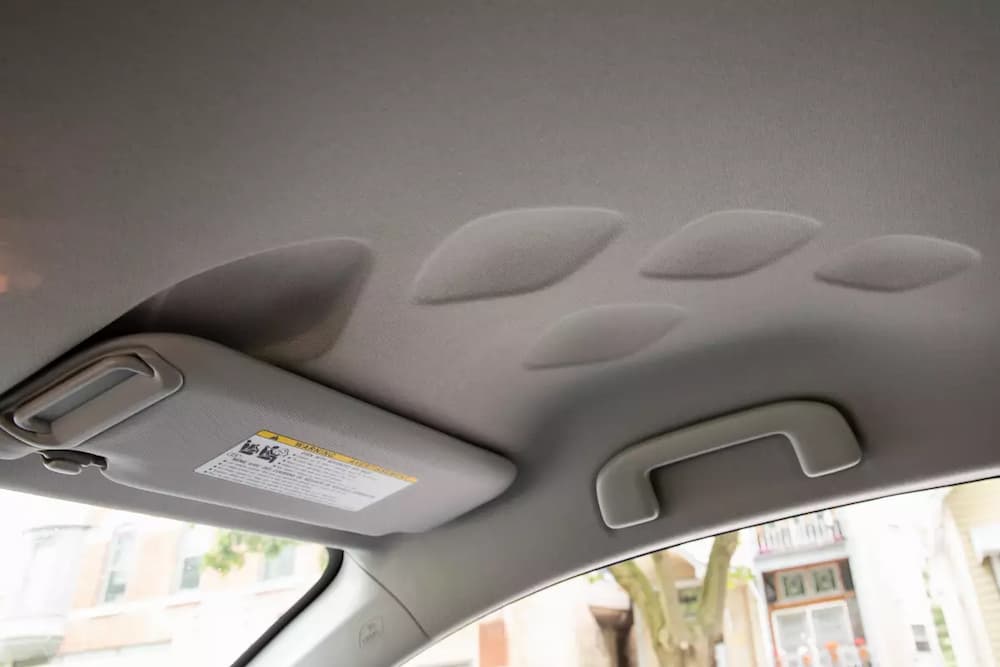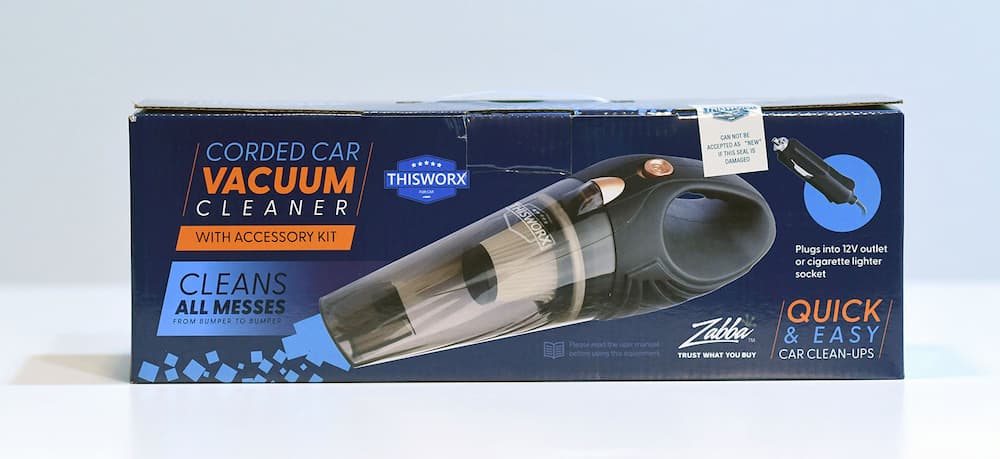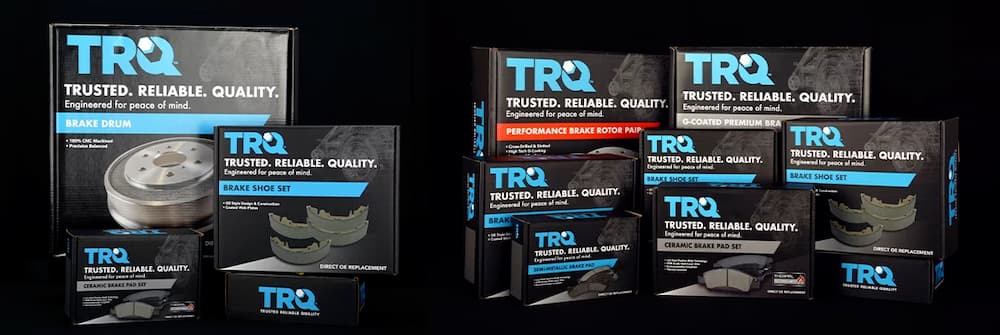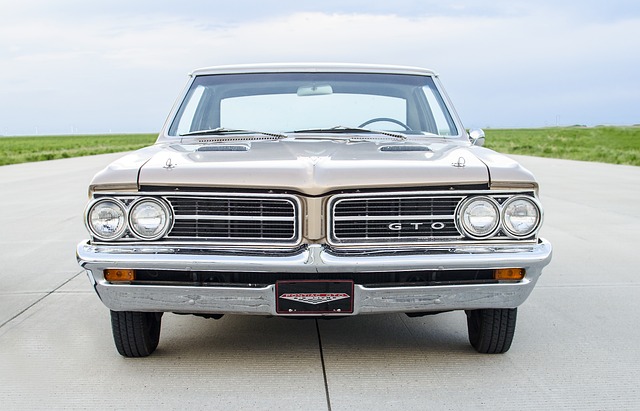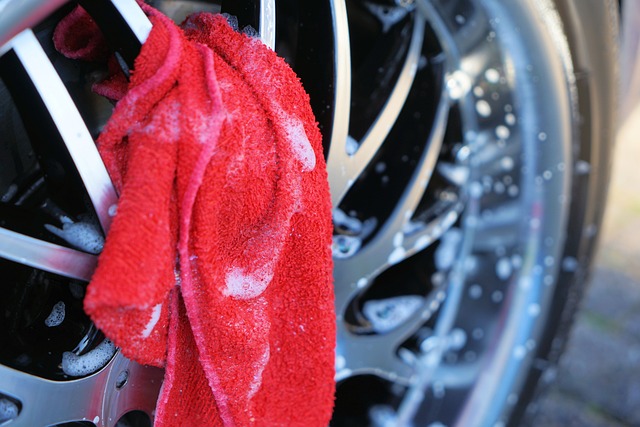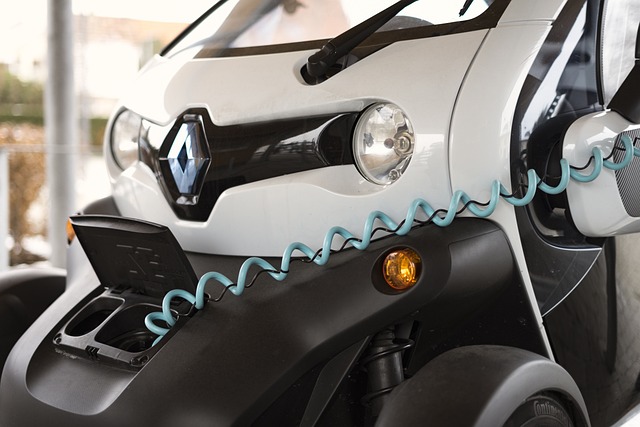How to clean car engine? Just keep these simple words in mind: schedule, cool, remove, cover, degrease, scrub, rinse, dry, replace, and repeat.
Conducting repairs or maintenance may be simpler in a clean engine bay. When cleaning an engine that hasn’t been cleaned in a while, it might take some time for the degreaser to penetrate the grime and some effort to remove oil buildup.
It is best to clean your engine and engine bay before washing your car so you can make sure you wash and rinse off any degreaser that may reach painted components. Rust can be stopped from growing by routine engine cleaning.
Rinsing the engine bay will increase the lifespan of your car’s engine because salt and road grime are the main causes of rust.
How to Clean Car Engine?
Schedule
Preferably, choose a warm day. Warmer conditions, especially those with little humidity and some wind, will aid in drying the engine and its components after cleaning.
Cool
Open the hood if the car was moving and let the engine cool for at least 15 minutes. If sprayed with cool water, hot engine parts could be damaged by rapid contraction in addition to burning you.
Remove
Any plastic hood covers should be removed. These can each be scrubbed separately. Additionally, take the battery’s negative terminal off. The electrical components will be better shielded from water damage as a result. If you’d like, you can also remove the battery, but we’ve cleaned many engine bays without doing so.
Cover
Cover any delicate electrical parts, such as the battery, ignition wires, and engine control unit, with plastic bags. You should also cover any exposed engine air intakes if there are any underneath the hood. You can skip this step if you’re confident in your ability to rinse thoroughly. However, by shielding these electronics, you can clean more thoroughly while running a lower risk of causing any harm.
Degrease
Spray degreaser liberally all over the engine compartment. Any household degreaser, including kitchen cleaners and degreasers made specifically for engines, will function. Simple Green is what we’ve used because we like how environmentally friendly it is. Never hold back; every square inch must be covered.
Scrub
You might not need to scrub, depending on how dirty your engine is. The valve cover, for example, may have years’ worth of caked-on dirt and oil. To effectively work the degreaser in and remove the gunk, use a small brush with synthetic, not metallic, bristles. If necessary, add more degreaser.
Rinse
Even though a regular hose will work just as well, you can use your power washer on a low setting. You could also use the sprayer at the nearby self-serve carwash. Working from back to front, rinse the entire compartment to remove all of the degreaser. Avoid spraying water too heavily into areas that won’t dry out quickly or directly onto electrical components.
Dry
If you have access to compressed air, you can blast air into the crevices to remove extra water. If not, use a shop towel or rag to wipe everything you can reach. This will help remove any remaining grime in addition to removing the water.
Replace
After removing the bags that were covering the electrical components, reinstall the battery’s negative terminal.
Repeat
Preventing your engine compartment from getting too dirty in the first place is the key to making this project simple. Your engine will look cleaner with just one hour of work per year or two of quick degreasing. An engine bay that shines will make you happy regardless of whether your vehicle’s engine ever looks as attractive as the one in the picture above.
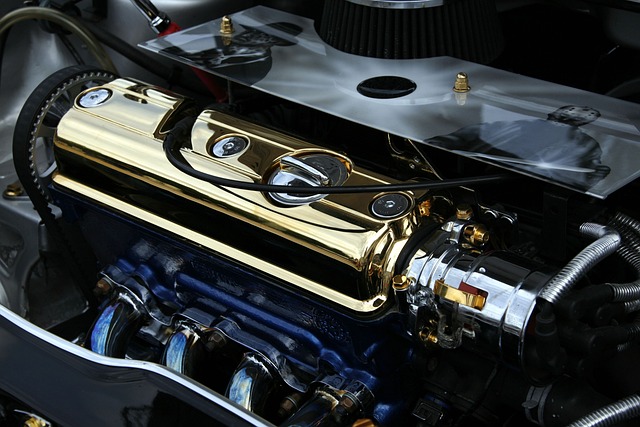
Is It a Good Idea to Clean Your Car Engine?
Even though cleaning your car’s engine won’t necessarily increase performance, it will help you identify any problems. You can clear away any larger debris and inspect the hoses, components, and accessory belts.
Establishing a semi-regular engine cleaning routine will make it easier and faster every time even though it may appear to be a massive task. Cleaning frequently will assist you in identifying and fixing any issues. particularly if you live in a climate where snow, salt, and grit are likely to work their way into the engine.
Is It Safe to Spray Your Engine With Water?
Water can be sprayed on your engine, but you must be very careful when doing so. You run the risk of burning yourself if you spray water on hot surfaces because it could cause them to warp or crack.
Water could also enter electrical connections and parts. It’s ideal to cover any electrical parts with plastic bags because even the tiniest amounts of water can result in serious issues. However, please wait until everything is completely cool before doing this!
Other Car Engine Checks
Since you’re already inside the car, you might as well use the time to inspect the rest of the engine.
Check the Engine Coolant
Just check your engine coolant as a quick test. A leak of oil is likely to have contaminated the liquid if it appears cloudy or sluggish. It’s critical for the engine coolant to be in good condition because it prevents your car from overheating.
Simply ensure that the liquid is at the proper level and top it up as necessary if the liquid itself appears to be in good condition.
Get An Oil Change
It’s probably time for an oil change if you find dirty oil while cleaning the engine of your car. The use of dirty engine oil that appears thicker than usual can harm engine components, reduce fuel efficiency, and even cause a breakdown.
Check Your Fuel Injectors
Cleaning your car’s fuel injectors sounds like something you should leave to the experts if you’re not familiar with its components. However, allowing fuel injectors to become clogged for an extended period of time can make your car run poorly, reduce fuel efficiency, and even cause rough idling.
Get a Full Engine Tune-up
A thorough engine tune-up will guarantee that your engine is not only clean but also performing to its full potential. This should be carried out on average once a year, but if you are skilled with car engine parts, you can carry out this task yourself when you clean your engine.
You should check the spark plugs, hoses, belts, and air filter whether you do it yourself or consult a professional.
FAQs
How to Clean Car Engines at Home?
If you take safety precautions, like covering electrical and delicate components with plastic and disconnecting the battery, you can clean your car engine at home. You can create your own degreaser by mixing soapy water with vinegar and baking soda to increase its potency.
Is It Safe to Clean Car Engines With Water?
Because modern cars have weatherproof housings all around the engine bay, spraying water and cleaning car engines are generally safe. Spraying near air intakes, alternators, sensors, and other delicate electrical parts, however, still requires caution.
How to Clean a Car Engine Safely?
Use a lower pressure washer and wrap up all the electric equipment in plastic for a safe wash.
How to Clean a Car Engine Without Water?
By using the carbon cleaning method, car engines can be cleaned.
As important as washing the outside is cleaning the engine of the car. The performance and efficiency of a car’s engine are affected by dirt and debris. It is challenging and labor-intensive to wash it at home. Additionally, compared to washing it at home, the cost of car engine cleaning is considerably lower. So it is advised to use expert steam car cleaning services.
Conclusion
A great item to include on your list of car maintenance chores is keeping your engine clean. Cleaning might not be on the list of things a car service includes, but you might prefer to wait until your service.
They won’t actually clean anything in your engine, but they will check and refuel all the fluid levels, including screen wash, brake fluid, and engine coolant. This means that it is your responsibility to make sure that they are working with clean components and that they can quickly identify any problems that may arise.
Depending on your mileage, the weather, and how frequently you use your car in general, you should service it at least once a year. It’s best to schedule an appointment as soon as possible if you start to experience problems, hear strange noises, or feel that it’s performing poorly.
Read about

